The frugal billionaires!
"Become a millionaire not for the million dollars, but for what it will make of you to achieve it"-Jim Rohn
We enjoy reading about how Warren Buffett, the CEO of Berkshire Hathaway, lives in a modest house he bought in 1958 for just $31,500.
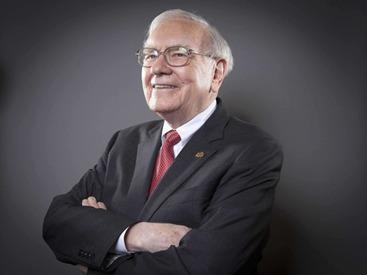
Mr. Warren Buffett
Or that Facebook CEO Mark Zuckerberg drives a stick-shift Volkswagen GTI and how Bill Gates, who was once the wealthiest man in the world, wears a $10 watch.

Mr. Mark Zuckerberg
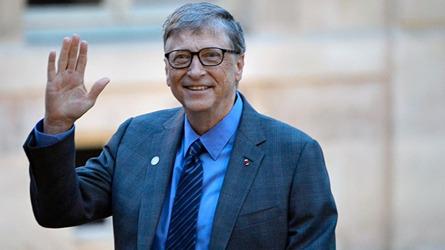
Mr. Bill Gates
Or how Amazon head Jeff Bezos, who is currently the wealthiest man in the world, drove a Honda Accord for years after.
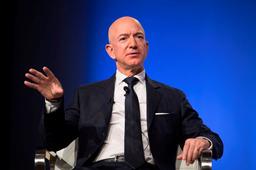
Mr. Jeff Bezos
Most billionaires and super-rich people have something in common aside from having multi-figure net worths: They're frugal.
Frugality is one of the key characteristics of wealth, according to one researcher who studied more than 600 millionaires.
Those who commit to saving, spend less, and stick to a budget are more likely to become millionaires, according to Sarah Stanley Fallaw, director of research for the Affluent Market Institute, who co-authored "The Next Millionaire Next Door: Enduring Strategies for Building Wealth," in which she surveyed more than 600 millionaires in America.
To identify characteristics most predictive of net worth, Stanley Fallaw conducted two studies that included a group of individuals with a net worth ranging from $100,000 to $1 million and a group of high and ultra-high-net-worth individuals.
Being frugal is one of the ways in which we evaluate whether a wealthy person is morally good or morally bad.
Most of us are in awe of the frugal rich, because for the super-rich, being frugal is a way of showing that they don’t take their good fortune for granted.
There are plenty of other wealthy people who get held up as an example of how not to behave: One example is the “rich kids of Instagram,” teenagers and 20-somethings who flaunt their families’ inherited wealth on social media. Or Donald Trump, whose gilded ’80s aesthetic has become synonymous with the bad taste of the nouveau riche.
Netflix started an original documentary series " Bad Boys Billionaires" in 2020 focusing on the lives of four prominent billionaires & their lifestyles. Vijay Mallya & Nirav Modi figure in it.
The indulgences would be endless, possibly literally with that kind of wealth.
Although he's worth at least £1bn and lives in a £10m house, Sir Richard Branson deplores extravagant purchases & is known to be a frugal millionaire. He doesn't feel he can justify buying such things as expensive art, or bottles of wine worth more than £10.
To Branson, the biggest luxury isn't money: "If we're talking about personal luxuries — and the luxury of being your own boss — the biggest reward is the amount of time one can find for family and friends."
One of the richest men in India, the ex-chairman of Wipro, Mr. Azim Premji is known for his focused concern with the company’s resources. That extends to monitoring toilet-paper and switching off lights when leaving an office, sometimes sharing rides with his colleagues to work, and even catching auto rickshaws to and from the airport if the need arose.
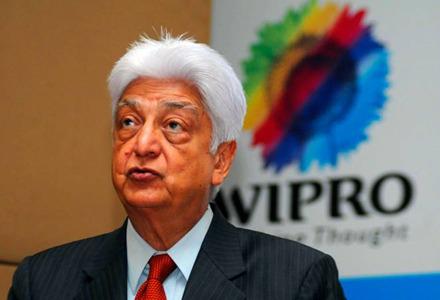
Mr. Azim Premji
The most striking aspect about Azim Premji is how humble, considerate, curious and thoughtful he is while having achieved so much success. He’s the antithesis of every horrible stereotype of the rich. Quite simply, he’s the product of his success, not the victim of it.
Premji has been driven by the belief to build an organization deeply committed to values with the Client as the focus of all efforts. Premji strongly believes that ordinary people are capable of extraordinary things when organized into highly charged teams.
Much like Mr.Ratan Tata, with whom he also shares a great love for dogs, Premji is a rare exception among Indian promoters for the absence of an entourage when he attends meetings.
Premji is known to live a simple frugal lifestyle. His employees speak about his honest, modest, frugal ways of dealing in office. He flies in the economy category, prefers to stay in company guest houses rather than luxury hotels.
A man who would wash his own clothes when travelling abroad, rather than give them to the hotel laundry.
He explained to Sudip Nandy, who was president of Wipro in 2008 when Premji left the company after a twenty-five-year stint, that the cost of getting his clothes laundered would be more than the cost of his clothes. Not surprising since the most expensive purchase he has made in a clothing store is a 3,000 overcoat he was cajoled into buying at a Zara store in Paris, en route to a meeting in Davos. Nandy, who played a major role in that purchase, said Premji had brought along a frayed old to protect against the rain in Davos.
This frugality reveals another and equally important facet of his personality — his respect for resources. He insisted that both sides of a sheet of paper be used for photocopying. Once, after he noticed that most of the directors at Wipro’s board meetings didn’t finish the coffee they were served, he toyed with the idea of using small cups. TK Kurien, earlier the CEO of Wipro and who now heads Premji Invest, recollects a day when Premji called him to ask if he had any idea how much the company was spending on toilet paper rolls in its washrooms across offices.
But, for Premji, no expense was trivial and the thought of the amount of paper being wasted hurt his sensibilities.
He once said, “If you work hard and live simply, you will have little trouble with money.”
A best-selling book released in 1966, entitled “The Millionaire Next Door”, tore apart preconceived notions of the opulent millionaire lifestyle and this book revealed that most millionaires live frugal lives, shop for bargains, and even buy used cars. These “epitome of extravagant” people feel no need to let the world know that they can afford better lifestyles than the folk next door.
Despite their obvious wealth, their sensibilities seem no different from that of the educated middle-class Indian.
That shows even in the way most behave with people around them.
Thus, Mr.Ratan Tata would often hold the elevator door open at Bombay House when he saw an executive rushing towards it.
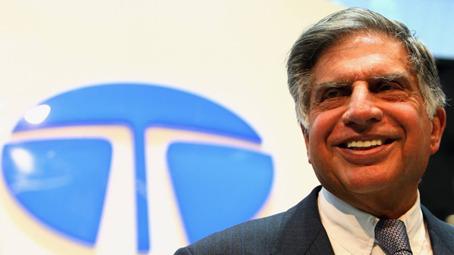
Mr.Ratan Tata
Till the time Tata Motors Ltd bought Jaguar Land Rover, Mr.Tata would often squeeze himself into one of the more plebian cars the company made.
Mr.Prathap Reddy, founder of Apollo Hospitals or Y.K. Hamied, chairman of Cipla Ltd, Dilip Sanghvi founder of Sun pharma rarely display any flamboyant vanities.
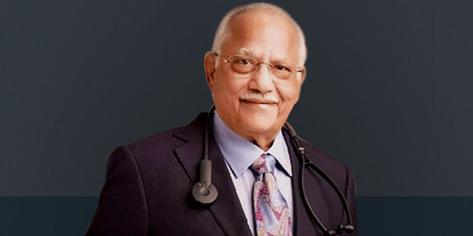
Mr. Prathap Reddy
Sudha Murthy who leads a simple life is involved with causes such as woman empowerment, orphanages, public hygiene, providing computers and libraries to schools, disaster relief activities and poverty alleviation.
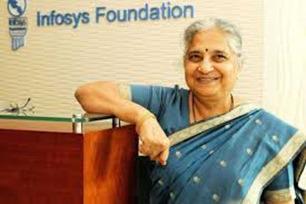
Sudha Murthy
Frugality strips away the noise and the clutter and leaves only the things you truly care about. That is a lifestyle worth practicing! Frugalism is environmentalism. The act of consuming less new stuff means a lowered carbon footprint.
At its core, frugal living is spending less on things that don’t matter so you can invest greatly in those that do.
These unique People leave imprints on our lives, shaping who we become in much the same way as a symbol is pressed into the page of a book to tell us who it comes from.
Comments (1)
